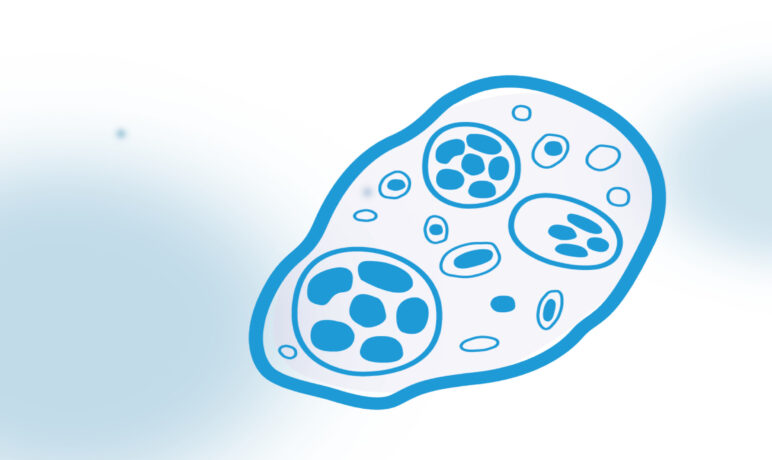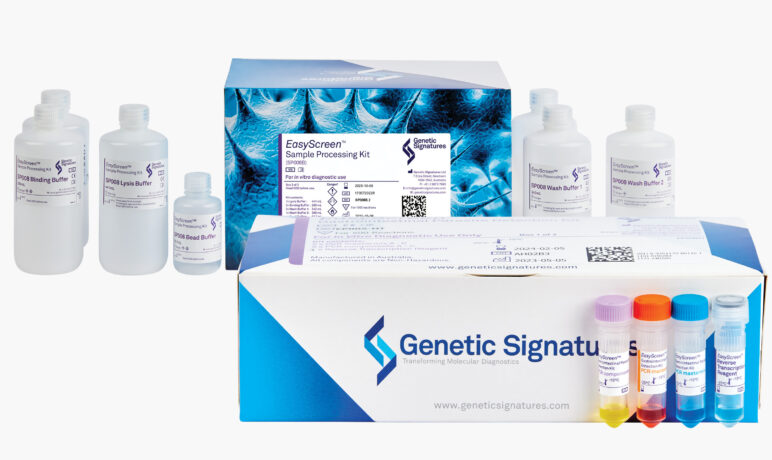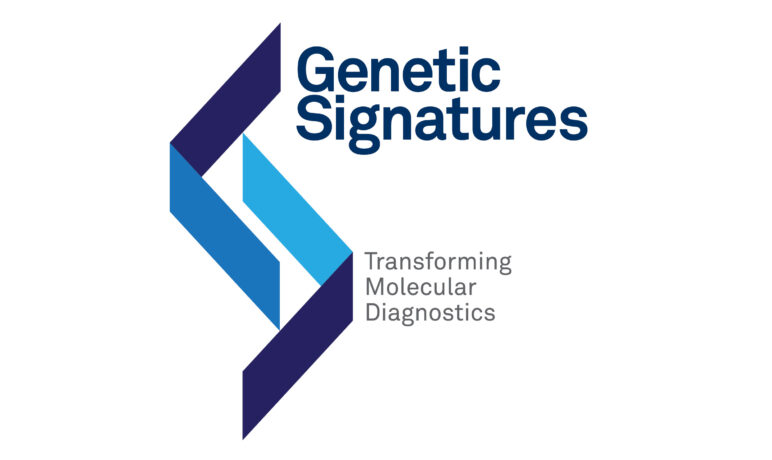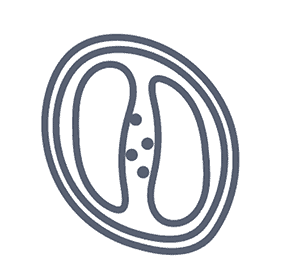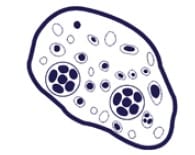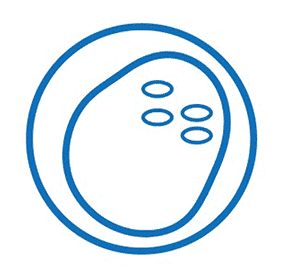Dientamoeba fragilis is a protozoan parasite of the human bowel, commonly reported throughout the world in association with gastrointestinal symptoms. D. fragilis consists of two genotypes type 1 and type 2, with type 1 most commonly isolated in humans. It has been postulated that D. fragilis could be a heterogeneous species containing variants possessing different pathologies [1].
The life cycle and transmission of D. fragilis within the human population are not fully understood but infection is most likely via the fecal-oral route. This could be through contaminated food and water or hand-to-mouth contact after touching contaminated surfaces.[2]
The global prevalence of D. fragilis has been found to be between 0.4% and 71% depending on the population studied and the diagnostic methods used. In general prevalence is higher in developed countries [2]. Several reports have also identified D. fragilis as the most common pathogenic protozoan found in stool when appropriate diagnostic methods such a real-time PCR (RT-PCR) are used [1].
D. fragilis symptoms, prevention & treatment
Patients infected with Dientamoeba fragilis will often be asymptomatic. However, many can also experience a wide range of gastrointestinal symptoms.
D. fragilis laboratory diagnosis
Learn more about the challenges of traditional diagnostic techniques for detecting Dientamoeba fragilis infection, and the benefits of molecular testing
Genetic Signatures molecular solution for GI parasite testing
A comprehensive FDA 510(k) cleared molecular solution for detecting gastrointestinal parasites
Syndromic testing for 8 gastrointestinal parasites in a single test
Up to 60 patients screened in a single, automated workflow...with same day reporting!

Find out more about our unique 3base™ solution for detecting gastrointestinal parasites
Click to learn more about the parasites we detect
More Information
References
- Stark D, Barratt J, Chan D, Ellis JT. Dientamoeba fragilis, the Neglected Trichomonad of the Human Bowel. Clin Microbiol Rev. 2016 Jul;29(3):553-80. doi: 10.1128/CMR.00076-15. PMID: 27170141; PMCID: PMC4861990.
- CDC. Dientamoeba. https://www.cdc.gov/dientamoeba/about/

